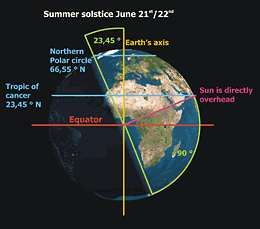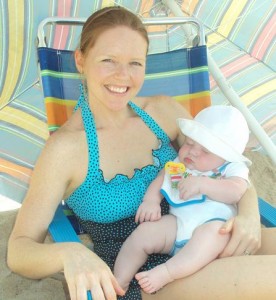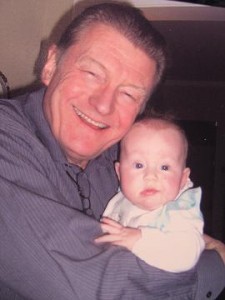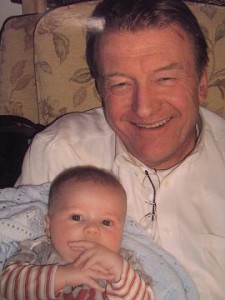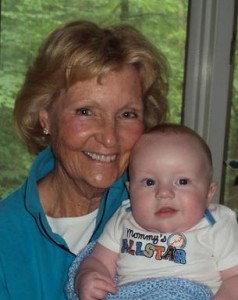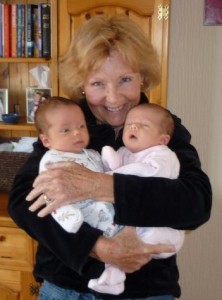Back in second grade science class, we all learned about the Summer Solstice, the longest day of the year. As youngsters we loved studying this subject for two reasons: (1) when it occurred, we knew we’d be on summer vacation, and (2) since the sun set really late that day, we’d have more time to play outdoors.
Summer is the favorite season of many, because it brings sunshine, grilling, swimming and flip-flops. It represents lemonade on the deck, green leaves on the trees and screens on open windows. And Nate and I, born ten days apart, celebrated our birthdays together during the summer.
There is no end to the delights of this season. But something has always nagged at me. Why do the days begin to get shorter when summer has barely begun? The Summer Solstice on June 21 is that turnaround day, and it has passed. It’s as if fall peeks around summer’s corner to remind us darker days are coming.
I’m nervous about the coming fall. Along with it’s arrival will come the one year anniversary of the day we were told of Nate’s cancer, September 22. Each of the 42 days following that will be, most probably, a reliving of those painful days. I’m already planning to pull out my 2009 calendar to read what happened on each day. That exercise might seem senseless, but as we travel through that season, something inside me wants to link up with what Nate suffered.
Just last month I was finally able to stop my mind from traveling back to those excruciating days on a daily basis. Aborting that thought pattern has taken eight months, and now, as the days begin to shorten toward autumn, I’m back where I started.
Scripture makes a case for living in the present, but it also recommends looking back, with the purpose of being thankful. By suggesting we count past blessings, the Lord wants us to recognize that he cared for us in the past and will care for us in the future. Even in mentally remembering the days of Nate’s decline and demise, God’s gifts during that time stand out like the flowers in a centerpiece, prompting my gratitude.
I don’t like watching the sun set one minute earlier each evening or realizing that a month of summer has already slipped away. But once summer is over and fall arrives, once we get through those 42 days, all our “firsts” without Nate will have passed. I’m hoping that after that I’ll be able to take more deep breaths and think back without having to relive the pain. My widow warriors tell me this will be true.
Surely the Summer Solstice a year from now won’t prompt nervousness as it has this year. Instead, when the days shorten and that next fall arrives, it’ll come bringing its usual golden glow. The sting of the cancer will be gone, even in our memories. I’m looking forward to the day when I can look back and remember Nate not in terms of disease and death but as he was in the many seasons that preceeded the autumn of 2009.
”The moon marks off the seasons, and the sun knows when to go down.” (Psalm 104:19)

